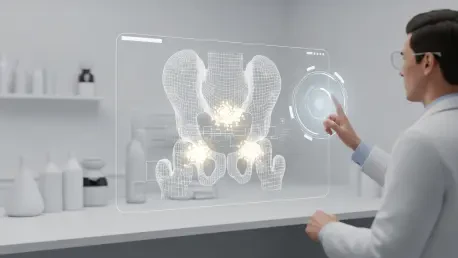
The quiet confidence that comes with taking a daily pill to manage cholesterol or blood pressure often masks a dangerous misconception that its protective shield is impenetrable, regardless of what one eats. This belief, however, is being challenged by rigorous scientific inquiry, forcing a

With a deep background in biopharmaceutical research and development, Ivan Kairatov has a keen eye for innovations that could reshape how we treat the most challenging cancers. Today, he joins us to discuss a promising new preclinical study on pancreatic ductal adenocarcinoma (PDAC), a notoriously

Beyond the malignant cells of a brain tumor lies an equally destructive force, a relentless physical pressure that silently and systematically dismantles the delicate architecture of the mind long before the cancer itself infiltrates surrounding tissue. While medical science has long focused on

Today we're joined by Ivan Kairatov, a biopharma expert with a deep understanding of the innovations shaping cancer research. His work delves into one of the most challenging frontiers in oncology: the intricate relationship between the nervous system and pancreatic cancer. We'll explore how

For men who have undergone surgery to remove their prostate, a subsequent rise in a key blood marker often signals the cancer's return, plunging them into a period of clinical uncertainty where the next steps have historically been guided more by protocol than precision. This research summary

The prevailing view of atherosclerosis has dramatically shifted from a simple plumbing issue of cholesterol buildup to a complex and dangerous chronic inflammatory disease responsible for the vast majority of heart attacks and strokes worldwide. For decades, scientific focus centered on immune